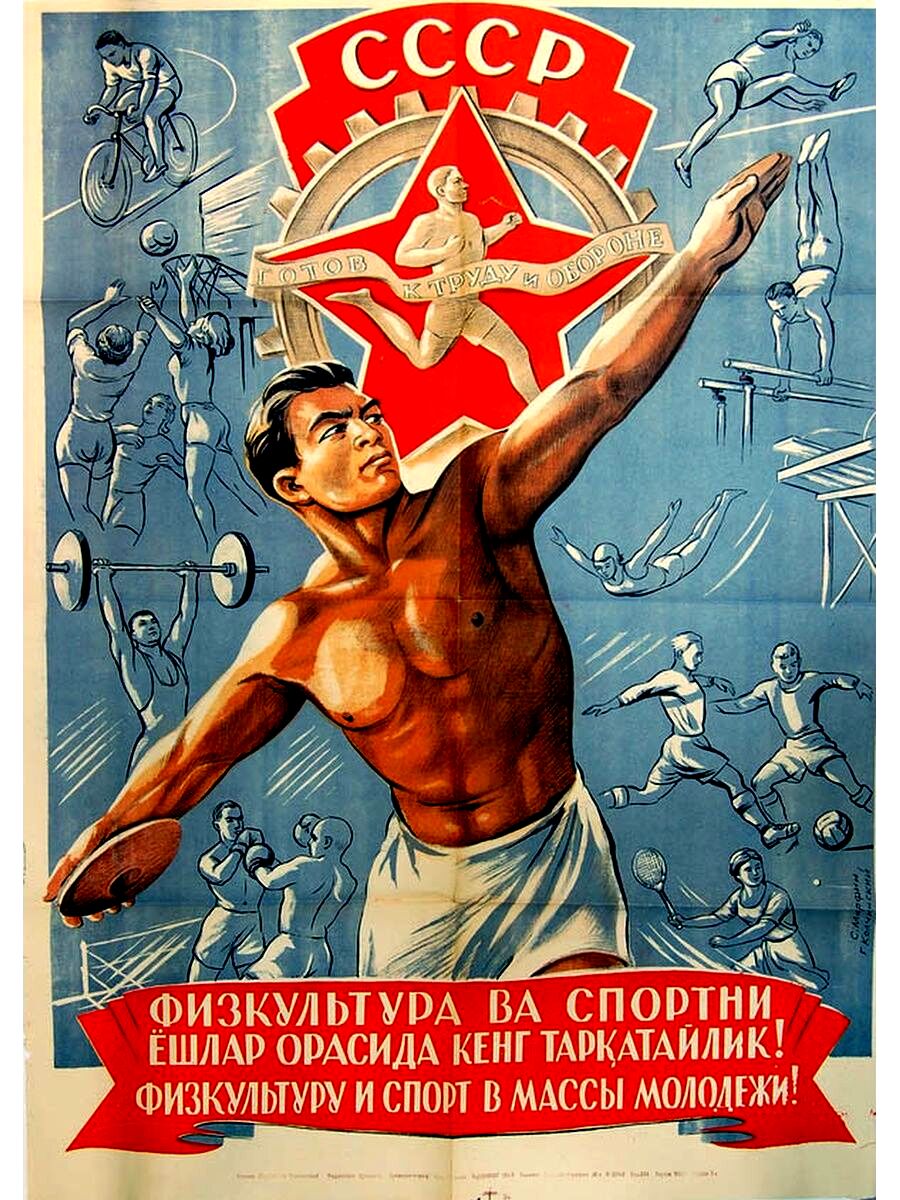- You never have a billionaire owner who destroys the team with meddling
- You never have a billionaire's failson in your personnel department or something
- The city never gets extorted into building a billion-dollar stadium for a billionaire owner
- The team never moves
- You never have an ownership group that prioritizes profit maximization over on-field competitiveness

deleted by creator
What's the difference between a job and a hobby?
Say I like to go swimming. I don't think anyone would say that's a job. What if I like to go swimming, and am good enough at it that people are willing to pay to see me do it? OK, now we're in job territory. But now what if I'm a college swimmer, and I'm good enough that some people will pay a little to see me, but all of that money is eaten up by the cost of the facility, my coaches, and my scholarship. The school loses money on the swim program. Is that still a job? If it is a job, is tuition/room/board effectively an in-kind living wage?
But say it's a job and I'm not getting paid. It's still not remotely comparable to chattel slavery -- my coach can't whip me, hamstring me, or even kill me if I don't do what I'm told.
deleted by creator
OK, so is being on a college swim team a job if the university runs the swim program at a loss? I don't think it is.
Even non-wage labor is far, far, far removed from chattel slavery. It's a shitty situation, don't get me wrong, but holy fuck your boss can't torture or kill you if you don't stack boxes fast enough. And you can just walk away, too! Any comparison is just absurd, and there's no need for a comparison because directly describing how horrible the bottom rungs of capitalism are is sufficient to make any point needed.
I think, if your scholarship is tied to you performing for the swim team, I would say it is a job.
I could see that if the school was making money off your labor (as is the case in college football, for instance), but I don't think that works for sports that aren't profitable. And it seems like sports -- which don't really produce much beyond entertainment value -- are closer to hobbies than to work when they don't even produce enough entertainment value to cover their own costs.
Then again, you have a training/pipeline problem, where globally all these developing athletes are valuable because they produce the top-tier professionals that do generate significant entertainment value, but locally your individual college swim teams can't make a buck. You see this problem in baseball and boxing, too.
It seems like I'm dancing around questions of productive vs. unproductive labor, but I'm not sure that clarifies the issue of unprofitable college sports all that much. What might clarify the issue is asking "are the athletes being exploited?" If the school gives you a scholarship and loses money on your sport (e.g., swimming) I find it hard to answer that in the affirmative. If the school gives you a scholarship but pockets millions on your sport (e.g., football) I think it's much easier to say yes.
It would be a completely different discussion if this is just your local swimming club where your training is not tied to a material incentive, like a scholarship.
That is obviously a hobby, at least until you get approached by the national or regional federations.
That is what I meant by bringing up the scholarship argument, it is at least de facto a job.
Because you can't just say "Fuck it, I don't like to do sport x anymore", because then the school says bye bye scholarship.
That is why I say it is a job and not a hobby anymore.
But let's agree NCAA is a fuck, okay?
Haha absolutely.
Is a student on an academic scholarship working a job then? Or what about a walk-on athlete on the swim team?
I still think the "is their labor being exploited" question is the touchstone here. If someone else is making money off of what you do, it's a job. If someone else is paying to facilitate what it is you do, and they're not profiting from it, I have a hard time calling that a job.
But why does profitability matter to you?
If our fictional swimmer is putting in all the work he can, just like the football player, then I don’t see why it is the athletes problem that it is not directly profitable for the University, if they want to provide these programs.
What also came to my mind was that Universities do profit, maybe not on this immediately obvious measurable way(like with FB), but they do like to brag about their diverse programs they sponsor, don't they?